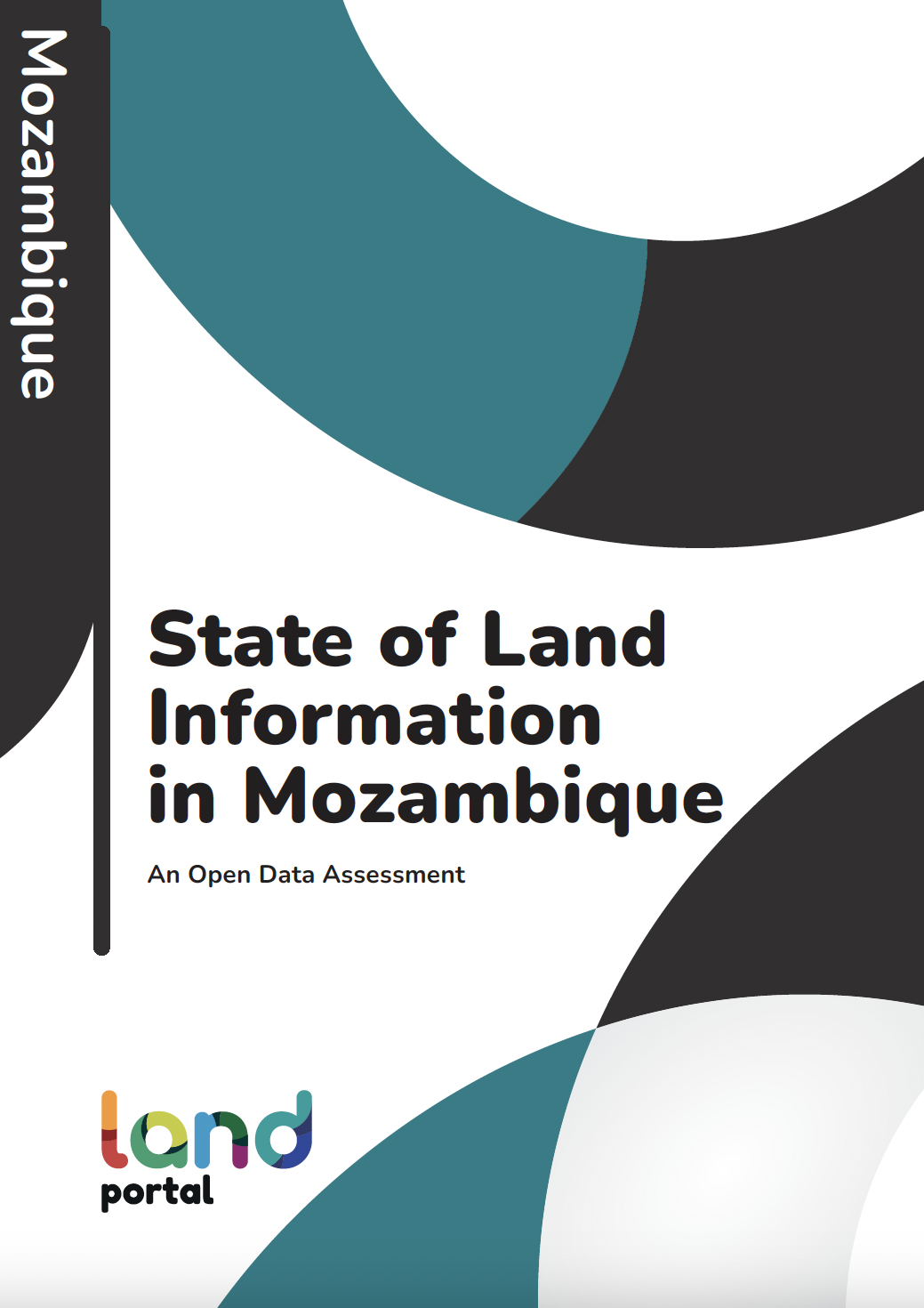State of Land Information in Mozambique
In Mozambique, the law recognizes certain forms of occupation as constituting legal tenure and nationals can claim this recognition of their right to occupy and use land allocated through customary norms/practices. Local communities can also claim rights over land which they have customarily occupied, used, and managed. These rights are not prejudiced by their lack of titling or documentation and may be defended on the basis of oral testimony.
Control of Africa’s forests must not be sold to carbon offset companies
Securing land tenure for women and girls to promote climate change resilience
Land governance and the politics of fair transitions: Deepening the search for social justice
Building on the successful collaboration in last year’s Annual Conference, the IoS Fair Transitions Platform (UU) and LANDac are pleased to launch this Call for a second joint Conference, which will have a somewhat different set-up from what you are used to and end with a Summit. We welcome your suggestions for panel sessions and round tables for the first two days. Building on your input, we will conclude on the last day with an experiment of democracy – a more-than human Summit. There will be limited hybrid options for participation in the Conference and the Summit.
Call for applications: Africa consultancy roster
Women’s Participation in Land Governance in the Mekong: Moving Beyond Quotas to Meaningful Inputs and Influence
Join us in a webinar that will shine light on two groundbreaking reports concerning gender and land governance in the Mekong region. The reports, "Outlook on Gender and Land in the Mekong Region" and "Towards Gender-Equitable Land Policy and Law Making in the Mekong Region," were produced in Phase II of the Mekong Region Land Governance (MRLG) program. This is the first webinar in the series ‘State of Land in the Mekong region.’ This series highlights the evolving environment of land governance in this dynamic region.
State of Land Information in Liberia
Land rights are fundamental sources of tension in Liberia, so transparency about land information is both essential and highly politicized. The Truth and Reconciliation Commission and other scholars have documented land conflict as one of the major causes of the 14 year civil conflict (1989-2003) in Liberia, rooted in the country’s formation in the 19th Century as a land divided by indigenous peoples and freed slaves settling from the United States.
State of Land Information in Sudan
After 30 years of an authoritarian regime, Sudan reached a power-sharing deal between the military and the civilians that brought a transitional government to power in 2019. Their agenda was to lead the country towards a democratic transformation for no more than three years. This period of relative stability provided the space for democratic reform and increased transparency in Sudan, reversed by the return of political instability in 2022.






